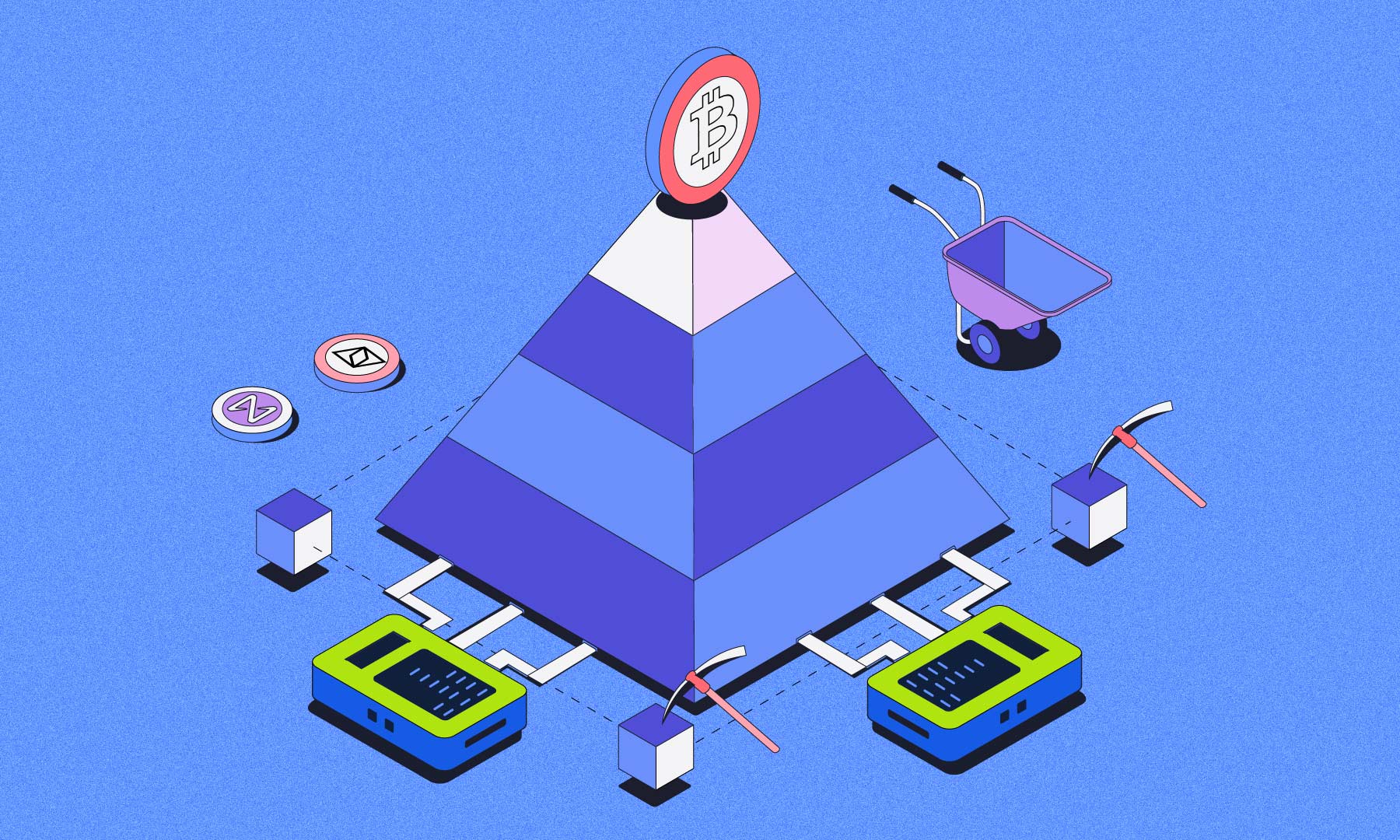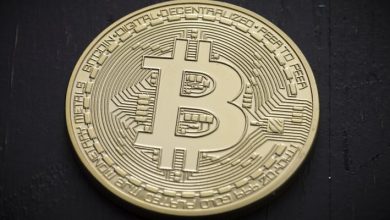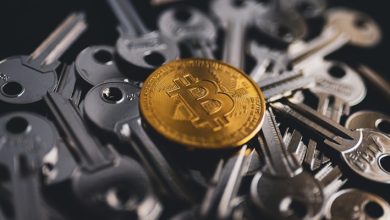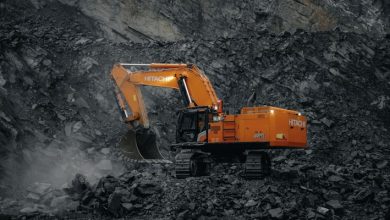The Role of Mining Pools in Crypto Ecosystem

- Understanding the concept of mining pools
- Benefits of joining a mining pool
- How mining pools contribute to decentralization
- Challenges faced by mining pools in the crypto ecosystem
- The impact of mining pools on cryptocurrency mining
- Future trends in mining pool technology
Understanding the concept of mining pools
Understanding the concept of mining pools is crucial for anyone looking to participate in crypto mining. In simple terms, a mining pool is a group of miners who come together to combine their computational resources in order to increase their chances of mining a block and receiving the associated rewards. By pooling their resources, miners can collectively solve complex mathematical problems more efficiently and earn cryptocurrency more consistently.
Benefits of joining a mining pool
Joining a mining pool can offer several benefits for individuals looking to participate in cryptocurrency mining. One of the main advantages is the increased chances of earning rewards. By pooling resources with other miners, participants can collectively solve complex algorithms and receive a share of the block rewards. This can lead to more consistent earnings compared to solo mining, where the rewards are more sporadic.
Another benefit of joining a mining pool is the reduced variance in earnings. Since rewards are distributed among all pool members based on their contribution, miners can expect a more stable income stream. This can help offset the fluctuations in mining difficulty and ensure a more predictable return on investment.
Furthermore, mining pools often provide additional features and services to their members, such as technical support, monitoring tools, and regular payouts. These resources can help miners optimize their mining operations, troubleshoot any issues, and stay up to date on the latest developments in the cryptocurrency space.
How mining pools contribute to decentralization
Mining pools play a crucial role in the decentralization of the cryptocurrency ecosystem. By allowing individual miners to combine their computational power, mining pools increase the overall security and efficiency of the network. This collaborative effort helps to prevent any single entity from gaining too much control over the network, thus promoting decentralization.
Furthermore, mining pools help to distribute rewards more evenly among participants, ensuring that smaller miners can still compete with larger mining operations. This redistribution of rewards helps to maintain a diverse and decentralized network, where no single entity can dominate the mining process.
Overall, mining pools contribute to decentralization by democratizing the mining process and preventing any single entity from monopolizing control over the network. By allowing individual miners to work together towards a common goal, mining pools help to maintain the integrity and security of the cryptocurrency ecosystem.
Challenges faced by mining pools in the crypto ecosystem
Mining pools play a crucial role in the crypto ecosystem by allowing individual miners to combine their computational resources to increase their chances of successfully mining a block and earning rewards. However, mining pools also face several challenges in this competitive environment.
One of the main challenges faced by mining pools is the centralization of mining power. As larger pools attract more miners, they can become disproportionately powerful, potentially leading to a situation where a single pool controls the majority of the network’s hash rate. This centralization can undermine the decentralized nature of cryptocurrencies and pose a risk to the security and integrity of the network.
Another challenge for mining pools is the risk of facing regulatory scrutiny. As cryptocurrencies continue to attract attention from regulators around the world, mining pools may find themselves subject to new regulations or restrictions that could impact their operations. Ensuring compliance with evolving regulatory requirements while maintaining profitability can be a delicate balancing act for mining pools.
Additionally, mining pools must contend with technological challenges, such as the need to constantly upgrade their hardware and software to keep pace with the increasing complexity of mining algorithms. This can require significant investment in resources and expertise, putting pressure on mining pools to stay competitive in a rapidly evolving industry.
In conclusion, while mining pools play a vital role in the crypto ecosystem, they face a range of challenges that require careful navigation. From the risks of centralization and regulatory scrutiny to the demands of technological innovation, mining pools must adapt and evolve to thrive in this dynamic environment.
The impact of mining pools on cryptocurrency mining
Mining pools play a significant role in the world of cryptocurrency mining. These pools are groups of miners who come together to combine their computational resources in order to increase their chances of successfully mining a block and receiving the associated rewards. The impact of mining pools on cryptocurrency mining is profound, as they allow individual miners to compete with large mining operations and increase their chances of earning a consistent income.
One of the key benefits of mining pools is that they help to reduce the variance in mining rewards. By pooling their resources together, miners can receive more frequent payouts, which helps to smooth out the fluctuations in income that can occur when mining solo. This can be especially beneficial for small-scale miners who may not have the resources to compete with larger mining operations on their own.
Additionally, mining pools can help to increase the overall security of a cryptocurrency network. By combining their computational power, miners in a pool can help to strengthen the network and make it more resistant to attacks. This is particularly important for smaller cryptocurrencies that may be more vulnerable to 51% attacks.
However, mining pools are not without their drawbacks. One of the main concerns with mining pools is that they can centralize control over a cryptocurrency network. If a single mining pool were to gain a majority of the network’s computational power, it could potentially manipulate the blockchain and undermine the security and integrity of the network.
In conclusion, mining pools play a crucial role in the world of cryptocurrency mining. They help to reduce variance in mining rewards, increase network security, and allow individual miners to compete with larger operations. However, it is important for miners to be aware of the potential risks associated with mining pools and to choose their pool wisely to ensure the long-term health and security of the cryptocurrency network.
Future trends in mining pool technology
As technology continues to advance, the future of mining pools in the crypto ecosystem is also evolving. There are several trends that are shaping the way mining pools operate and the services they offer to miners. Some of the key future trends in mining pool technology include:
- 1. **Decentralization**: One of the most significant trends in mining pool technology is the move towards decentralization. This involves distributing mining power across multiple nodes to reduce the risk of centralization and improve network security.
- 2. **Smart Contracts**: The use of smart contracts is becoming more prevalent in mining pools, allowing for automated and transparent reward distribution among miners.
- 3. **AI and Machine Learning**: Mining pools are increasingly utilizing AI and machine learning algorithms to optimize mining operations, improve efficiency, and maximize profits.
- 4. **Security Enhancements**: With the rise of cyber threats in the crypto space, mining pools are investing in advanced security measures to protect against hacks and attacks.
- 5. **Green Mining**: As environmental concerns grow, there is a push towards more sustainable mining practices, such as using renewable energy sources and implementing energy-efficient mining technologies.
These future trends in mining pool technology are expected to shape the industry and drive innovation in the coming years. By staying ahead of these trends, mining pools can adapt to the changing landscape of the crypto ecosystem and continue to provide valuable services to miners around the world.





